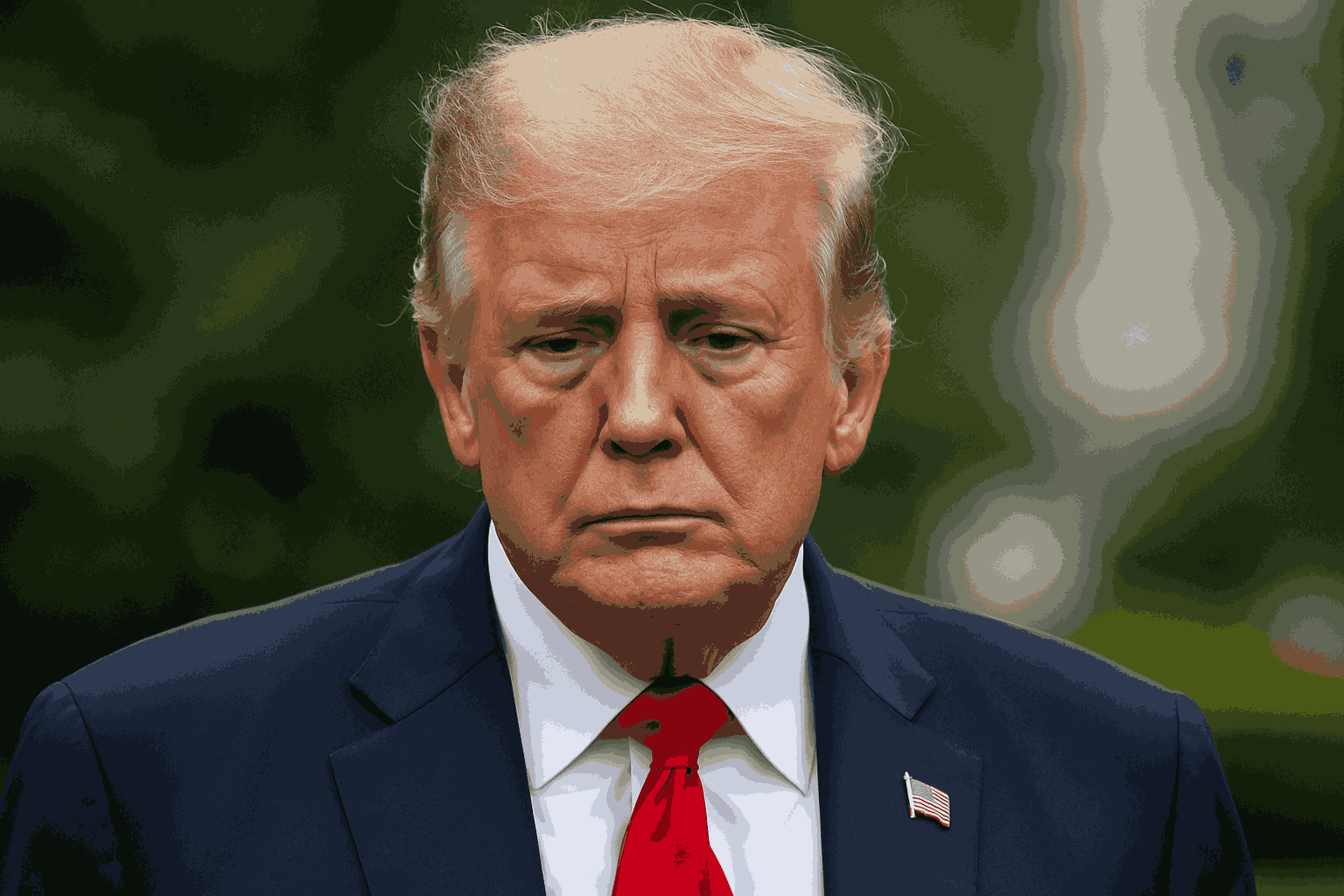Former President Donald Trump has issued pardons to a large group of individuals accused of trying to overturn the results of the 2020 presidential election. The list includes several people who served as what were called “alternate state electors,” as well as some of his closest allies during his first term.
A copy of the pardon list was first circulated online by Ed Martin, a Justice Department official who works on clemency matters, and was later confirmed by the White House. More than 70 people reportedly received pardons.
Among the most notable names are Rudy Giuliani, Trump’s former personal attorney, and Mark Meadows, who served as White House chief of staff in 2020 and early 2021. Both men were deeply involved in Trump’s attempts to challenge and delay the certification of the election results.
The document announcing the pardons, dated November 7, says the move is intended to “end a grave national injustice” and promote “national reconciliation” following the 2020 election. However, the document also specifies that the pardon does not apply to Trump himself, sidestepping the legal question of whether a president can issue a self-pardon.
White House Press Secretary Karoline Leavitt defended the move, saying the individuals were “targeted and harassed” for questioning an election and engaging in political advocacy.
The concept of alternate electors became a central issue in the federal case once brought against Trump, which alleged he tried to block the peaceful transfer of power by promoting false claims of widespread voter fraud. That federal indictment was dropped earlier this year, before Trump returned to the White House. Trump has consistently denied any wrongdoing.
While presidential pardons apply only to federal cases, several of the individuals named still face state-level charges. Prosecutors in Georgia, Nevada, Arizona, Wisconsin and Michigan have pursued election-related cases, though some have been delayed or dismissed. A Michigan judge, for example, threw out charges against a group of alleged false electors in September.
Giuliani remains one of the most controversial figures tied to Trump’s post-election efforts. He has faced disciplinary actions and legal penalties for promoting baseless claims of fraud, including being disbarred in Washington, D.C., and New York. He also filed for bankruptcy after a court ordered him to pay $148 million for defamation in a case involving Georgia election workers.
Mark Meadows has also been implicated in multiple investigations related to efforts to keep Trump in office. The Supreme Court declined his request last year to move his Georgia criminal case to federal court.
Other high-profile figures on the pardon list include attorney John Eastman, Trump-aligned lawyers Jenna Ellis and Sidney Powell, legal strategist Kenneth Chesebro, and longtime political adviser Boris Epshteyn. Powell, Ellis, and Chesebro previously pleaded guilty in the Georgia election interference case.
